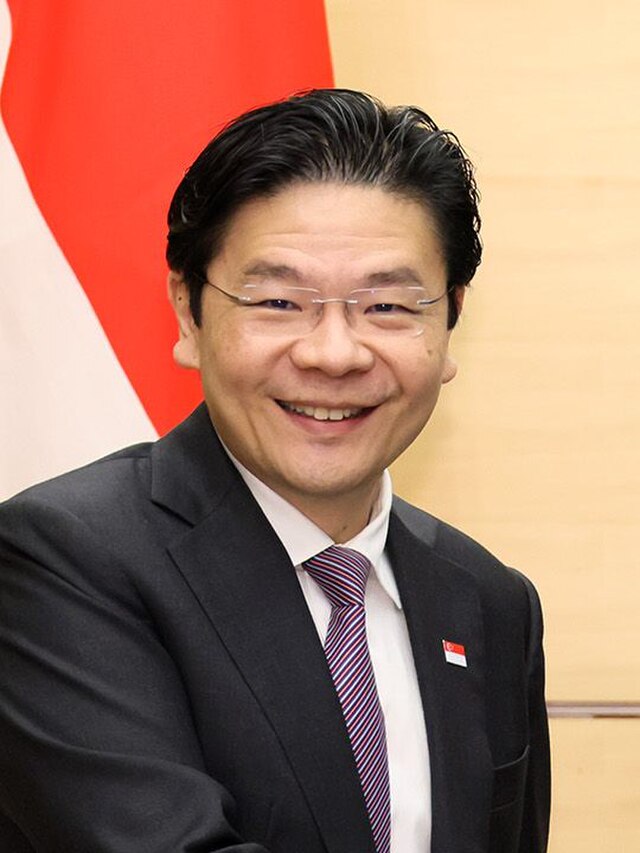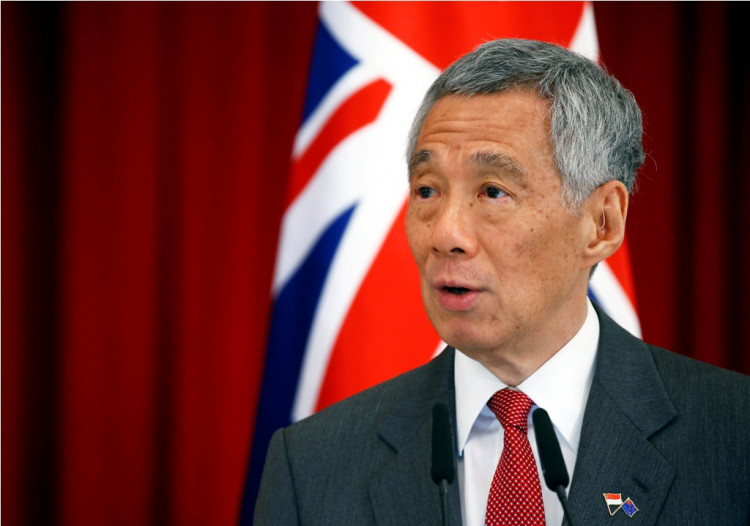In a move underscoring a significant political shift, Singapore Prime Minister Lee Hsien Loong has announced plans to hand over the reins of the ruling People's Action Party (PAP) and the premiership to his Deputy Prime Minister, Lawrence Wong, in a proactive transition ahead of the 2025 general election. This leadership change is slated to occur around the PAP's 70th anniversary in November 2024, which precedes the national polls.
PM Lee, at 71, expressed unwavering confidence in his chosen successor, saying, "I have full confidence in Lawrence and his team and there's no reason to delay their political transition." The baton-passing is intended to allow Wong, currently also serving as finance minister, to solidify his leadership and secure his mandate from the electorate.
The pivot to Wong, aged 50, marks a decisive step for the Southeast Asian nation, with the PAP maintaining a political stronghold since Singapore's independence in 1965. The departure from the original plan, which saw Lee staying in power until at least 70, was adjusted in light of the disruptions caused by the COVID-19 pandemic. Lee's extension in office facilitated a stable governance period through global health crises.
The designated heir apparent, Lawrence Wong, gained prominence as the co-head of the government's COVID-19 task force. His role was critical in implementing measures that helped keep the country's infection rates and fatalities comparatively low. His varied portfolio includes stints as Lee's principal private secretary, leading the education and national development ministries, and serving as the chairman of the Monetary Authority of Singapore and deputy chairman of the sovereign wealth fund GIC.

Lawrence Wong Set to Lead Singapore as PM Lee Hsien Loong Announces Step Down
Political analysts view the pre-election transition as a bold and somewhat unorthodox strategy. "The significance is that Wong will have to win his own mandate," noted political scientist Chong Ja Ian from the National University of Singapore. This sentiment suggests that while Lee's early handover may seem untraditional, it provides Wong with the opportunity to establish rapport with the citizens ahead of the elections, ensuring continuity and stability.
In the emotional address where he held back tears, Lee conveyed gratitude for his tenure and reassured that he would remain a supportive figure, pledging to "do my best to help him fight and win the next GE."
Wong's ascendancy comes after a historical 2020 election where the PAP witnessed a dip in popular support, though it retained a supermajority. The selection of Wong followed the stepping down of then Finance Minister Heng Swee Keat, who withdrew his nomination amidst the party's subdued election performance.
The elder Lee, son of Singapore's founding father Lee Kuan Yew, is poised to leave behind a legacy of economic prosperity, albeit with critiques concerning stringent government control. As the island nation gears up for a new chapter in its political narrative, all eyes will be on how Lawrence Wong shapes his leadership amidst the expectations of a legacy of governance and the evolving challenges of a post-pandemic era.





